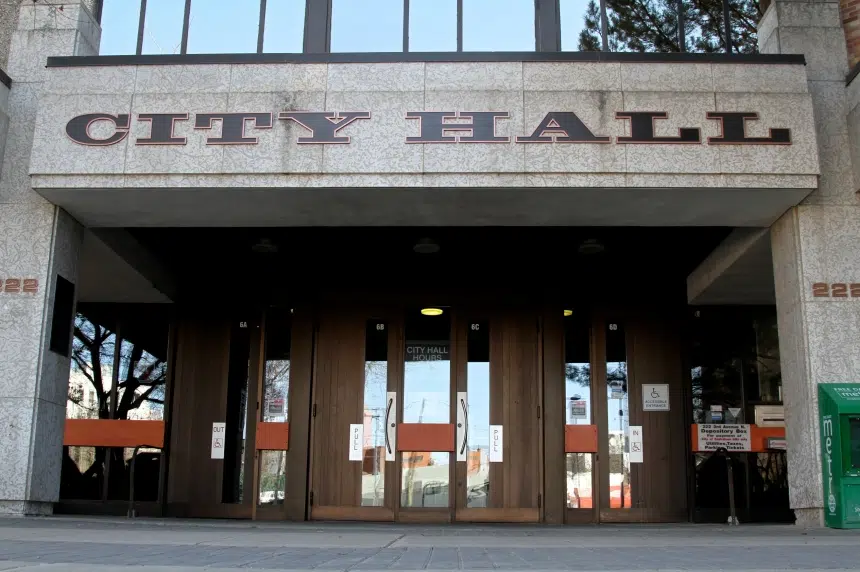It was a lofty goal set back in June 2017: A 40 per cent reduction in greenhouse gas emissions (GHGs) by the City of Saskatoon by 2023, and an 80 per cent by 2050.
Along with that, the city wanted to reduce community emissions by 15 per cent and 80 per cent, respectively.
According to a new 2020 progress report tracking emissions in 2019, the “Low Emissions Community Plan” (LEC), the initial target appears to be out of reach.
The report, which will be presented next week to the city’s environment committee, indicates while many actions have been initiated already, the city and the community aren’t on track to meet the goals.
However, according to the report, “investments made now toward the climate mitigation actions outlined in the LEC Plan and Corporate Adaptation Strategy should enable the City and the community to successfully meet the 80% GHG emissions reduction target by 2050,” indicates the LEC Plan.
Jeanna South, the city’s director of sustainability, says the initial LEC plans were quite challenging.
“It spoke to the fact that the community initiatives wouldn’t meet the 2023 target even back when the plan was first created,” South said. “But it did start to show when they could be achieved if the actions in the plan were followed.”
She says it’s important to remember there are initiatives outlined in the plan that are already underway.
“They just haven’t reached a stage where they’re starting to reduce emissions,” she said.
That includes Saskatoon Light & Power replacing 17,000 streetlight fixtures with LED technology. So far, that project has saved 179 tonnes of carbon dioxide emissions. When completed, it’s expected to save 5,500 tonnes every year.
Other projects include The Home Energy Loan Program, The Bus Rapid Transit initiative, and an electric vehicle pilot project that is supposed to test the effectiveness of electric vehicles for the city’s fleet.
South also says the city isn’t only preparing for lower emissions. According to the report, it’s also looking towards “proactive adaptation planning which includes 30 corporate initiatives, 20 of which have already started. Seven of those are moderately progressing, one has significantly progressed and one has been completed.”
“Taking climate action can improve our homes, our health, the economy (and) the environment, as well as saving us money,” she said.











